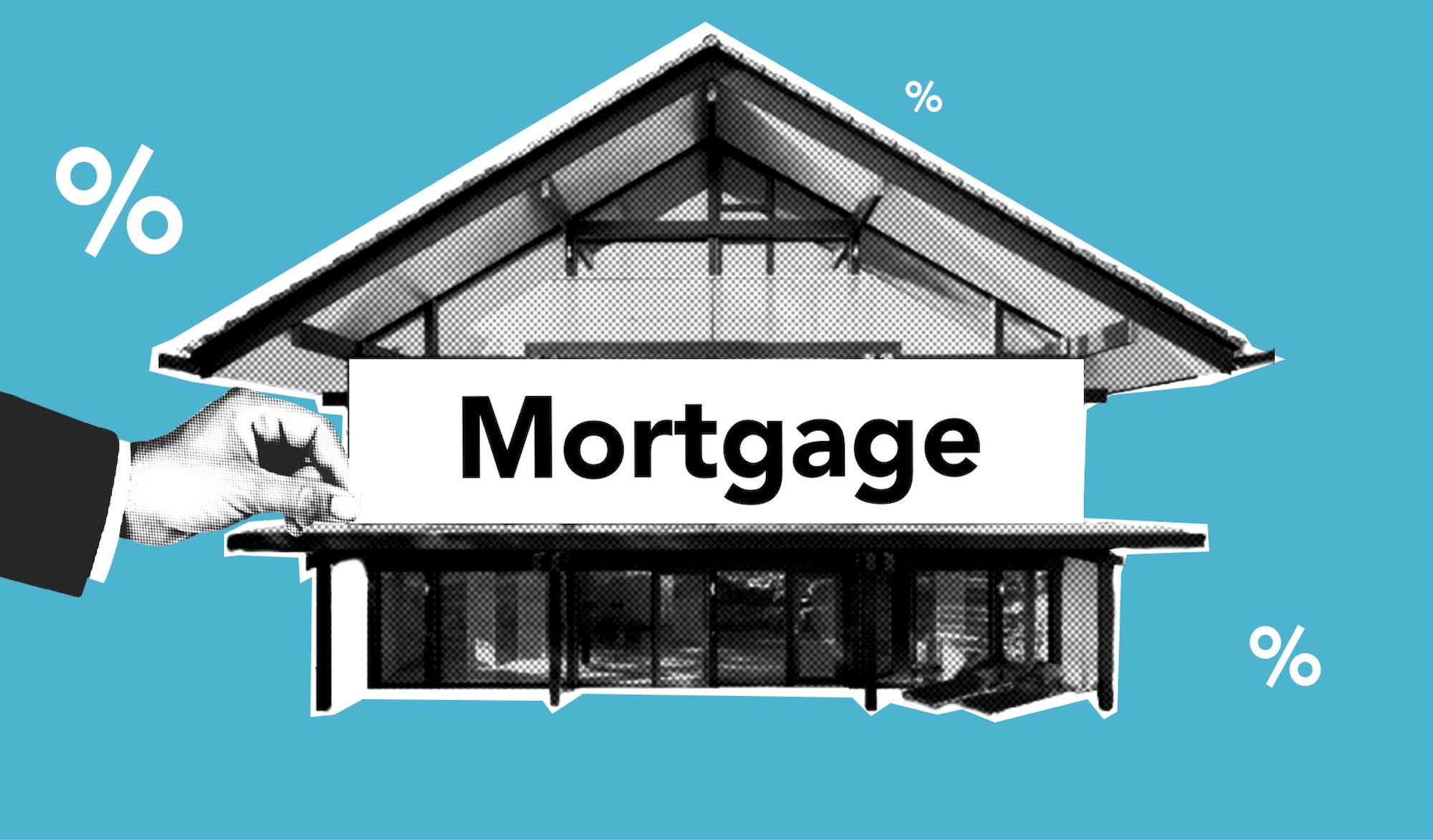The Financial Conduct Authority (FCA) has been urged to engage with HM Treasury, amid concerns that those receiving redress under the British Steel Pension Scheme (BSPS) compensation scheme could face tax issues.
In its response to the FCA’s consultation on calculating redress for those who received unsuitable advice to transfer out of the scheme, the Society of Pension Professionals (SPP) argued that any redress should be paid directly into the consumers defined contribution (DC) scheme, rather than given as a lump sum.
However, the SPP acknowledged that treating redress as an augmentation in the receiving DC scheme is not necessarily straightforward either, warning that there are several potential issues that need further consideration, mainly around tax treatment.
Indeed, the SPP pointed out that the levels of redress being paid will commonly be of such a level as to automatically cause net relevant earnings and/or annual allowance issues.
In light of this, it argued that the FCA should engage with HMT and HMRC to ensure that redress is not treated as a tax relievable/taxable pension, and that redress can be paid without being subject to current pensions tax legislation.
In addition to this, the SPP pointed out that firms would have to gather "really detailed information" from the affected consumers and in doing so would have to get into complex areas of pension rules, such as tax issues, and could risk breaching the advice boundary.
"To simply say firms should augment as default completely ignores so many of the individual complexities associated with pension contributions," the association stated.
"We also think that the receiving DC scheme should not be responsible for the costs it incurs in processing the augmentation this, unless there is a policy intention that the augmentation would potentially act as a further challenge to the DC schemes accepting transfers in?"
"As augmentation provisions will vary between DC schemes it is not clear if some overriding legislation would be needed to facilitate this or if each DC scheme would need to review its scheme documents and then consider if it can give effect to the policy of accepting such redress on the basis that it is an augmentation."
The SPP also argued that even if it is possible to address the potential tax issues, there is also "significant" work to be done on communications with consumers, querying who will be responsible for the cost of this work.
More broadly, the SPP raised concerns that paying a lump sum could leave savers vulnerable to scams, noting that those most likely affected by this issue will be less sophisticated investors, and may not have access to independent financial advice.
"We are aware, in the context of pension scams, of firms who ‘offer’ to seek redress for members who pension schemes who have (or may have been) ‘scammed’," the SPP stated.
"These firms require the members to enter into formal agreements, the terms of which commonly require the member to pay the firm 20% or more of the compensation recovered from the transferring occupational pension scheme as a fee.
"We consider that these claims management firms would consider the redress scheme a potentially lucrative business opportunity. This is not in the interests of the affected consumers."
The Work and Pensions Committee also previously queried the FCA's plans to take tax considerations into account when paying redress to BSPS members, as well as the potential impact on means-tested benefits.
The FCA initially announced plans for the £71.2m compensation scheme in August, having since introduced emergency asset retention rules to ensure that firms that provided transfer advice are unable to avoid paying compensation.
Latest News
Perenna and the long-term fixed mortgage market

Content editor, Dan McGrath, spoke to head of product, proposition and distribution at Perenna, John Davison, to explore the long-term fixed mortgage market, the role that Perenna plays in this sector and the impact of the recent Autumn Budget
The role of the bridging market and technology usage in the industry
Content editor, Dan McGrath, sat down with chief operating officer at Black & White Bridging, Damien Druce, and head of development finance at Empire Global Finance, Pete Williams, to explore the role of the bridging sector, the role of AI across the industry and how the property market has fared in the Labour Government’s first year in office.
NEW BUILD IN FOCUS - NEW EPISODE OF THE MORTGAGE INSIDER PODCAST, OUT NOW

Figures from the National House-Building Council saw Q1 2025 register a 36% increase in new homes built across the UK compared with the same period last year, representing a striking development for the first-time buyer market. But with the higher cost of building, ongoing planning challenges and new and changing regulations, how sustainable is this growth? And what does it mean for brokers?
Does the North-South divide still exist in the UK housing market?

What do the most expensive parts of the country reveal about shifting demand? And why is the Manchester housing market now outperforming many southern counterparts?
In this episode of the Barclays Mortgage Insider Podcast, host Phil Spencer is joined by Lucian Cook, Head of Research at Savills, and Ross Jones, founder of Home Financial and Evolve Commercial Finance, to explore how regional trends are redefining the UK housing, mortgage and buy-to-let markets.
In this episode of the Barclays Mortgage Insider Podcast, host Phil Spencer is joined by Lucian Cook, Head of Research at Savills, and Ross Jones, founder of Home Financial and Evolve Commercial Finance, to explore how regional trends are redefining the UK housing, mortgage and buy-to-let markets.
© 2019 Perspective Publishing Privacy & Cookies










Recent Stories